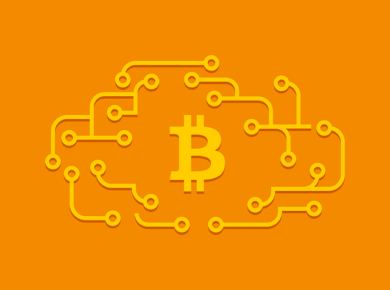Kik Interactive, the Canadian crypto startup that raised $100 million from an online 2017 initial coin offering, is a step closer to end its long battle with the US regulators. Today, the US Securities and Exchange Commission (SEC) revealed a proposed settlement with Kik that involves civil penalties, as well as limitations for any future plans to revive its crypto ambitions.
Kik and the SEC, at odds over the last two years, have finally agreed on how to settle the 16-month-long court case.
Join your industry leaders at the Finance Magnates Virtual Summit 2020: Register and vote for the FMLS awards
Under the proposed settlement, filed today by the SEC, Kik would pay $5 million in fines and must provide the SEC with a notice if it wants to attempt a token sale again. The notification, which is not a request for approval, should come 45 days prior to the planned issuance, the settlement reads.
But, compared with SEC settlements concerning ICO cases, the proposed settlement does not oblige Kik to return money to the investors who purchased its token.
Kik’s legal battle showed how the social media platform was ready to go to any extent possible to refute the SEC’s claim that its ICO falls into the regulator’s trap. The company argued that the SEC was not entitled to take enforcement action and that the Securities Act runs afoul of due process as it fails to give adequate guidance about the ‘investment contract’ term.
Let’s recall that the predominant question in the Kik case is whether cryptocurrency is a security, the public offering of which would require registration under the Securities Act.
Additionally, the company has hit back at the SEC’s determination over what it alleges are unfounded allegations regarding the launch of its tokens. Kik added that the SEC’s sketchy guidance concerning cryptocurrencies “resulted in arbitrary enforcement and deprived Kik of its constitutional right to fair notice of what the law required.”
SEC Refutes Kik’s Allegations
For its part, the SEC explained to the court that the argument that ‘investment contract’ under the Securities Act is void for vagueness was ‘untenable’ in light of the many Supreme Court decisions defining and applying the term.
The Ontario-based startup also geared up to challenge the SEC’s top officials themselves by issuing multiple subpoenas. Kik argued that any action taken by the SEC would only harm token holders, and thus be against the regulator’s claim that it wants to protect ICO investors. However, the SEC managed to quash Kik’s subpoenas and asked the court to ultimately toss its motions on several grounds, including that the testimony may constitute a sort of ‘admission’ that Kik can use against the agency in litigation.
Kik’s litigation hit the headlines throughout the last two years and then culminated in a court case, where a judge ruled in favor of the SEC that Kik’s $100 ICO was a securities sale. Indeed, some believed that Kik, as the first crypto issuer to publicly contest the SEC’s claims, is an important industry test case that was hoped to ultimately force a change in the way the agency regulates cryptocurrencies.











